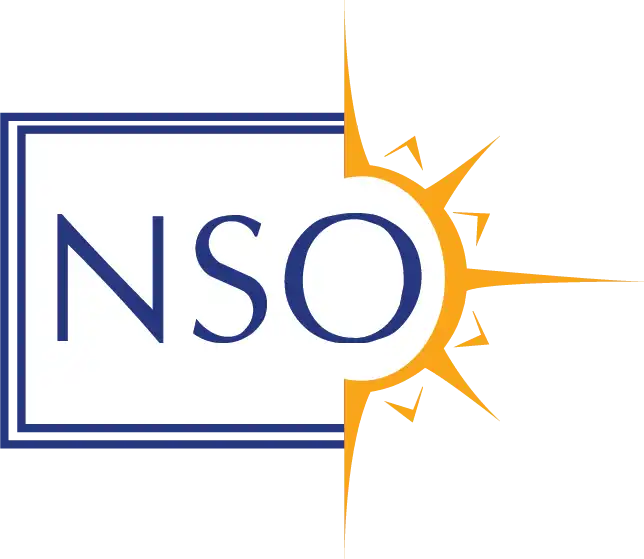Sen. Schatz: $500,000 secured for indigenous collaboration during Hōkūle‘a voyage

A $500,000 federal earmark has been secured to support collaboration between the Polynesian Voyaging Society and indigenous communities to share traditional ecological knowledge and scientific information during Hōkūle‘a’s Moananuiākea Voyage via the digital Wa‘a Honua platform, US Sen. Brian Schatz announced.
“For 50 years, the Polynesian Voyaging Society has been reclaiming traditional wayfinding techniques and revitalizing Polynesian culture,” Schatz said. “The Hōkūle‘a carries the message that the ocean connects all of us, and these voyages are crucial to preserving and growing this once-lost part of Polynesian culture in Hawai‘i. This funding will help the Polynesian Voyaging Society connect and share knowledge with indigenous communities during the upcoming voyage.”
“We are grateful to Senator Schatz for securing this funding for the Polynesian Voyaging Society. Life on our planet is defined by the health of our ocean, and this funding will enable us to further the mission of Moananuiākea – to inspire caring for our island earth and indigenous peoples, while perpetuating voyaging and wayfinding,” said Nainoa Thompson, Pwo Navigator and CEO of the Polynesian Voyaging Society.
The Polynesian Voyaging Society was founded in 1973 to perpetuate the art and science of traditional voyaging and the spirit of exploration through experiential educational programs that inspire students and their communities to respect and care for themselves, each other, and their natural and cultural environments. In 1975, the society built the first voyaging canoe in the Hawaiian islands in more than 600 years, named Hōkūle‘a, and since then it has been on 14 major voyages across the Pacific Ocean.
These voyages are done without maps or modern navigation instruments. Instead, the Hōkūle‘a crew relies solely on traditional wayfinding and voyaging techniques to navigate. The federal funding will support communications between indigenous communities and scientists during the Moananuiākea Voyage, allowing them to disseminate traditional ecological knowledge and western science understandings of the Pacific Ocean on a broader scale.








